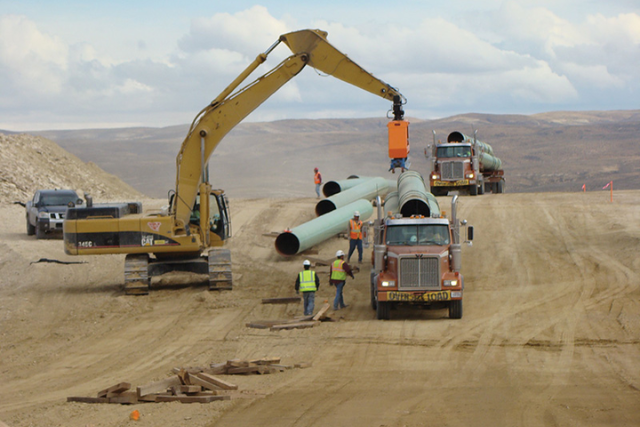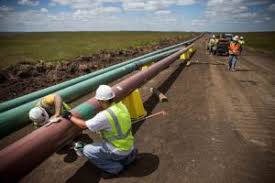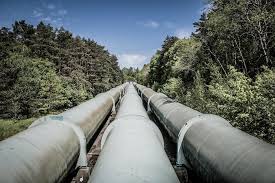
(P&GJ) — A federal court ruling has cleared the way for Lower Valley Energy’s Crow Creek natural gas pipeline to move forward, despite opposition from environmental groups who sought to block the project over concerns about its impact on national forest lands.

The U.S. District Court for the District of Idaho denied the groups’ request for an injunction, siding with the U.S. Forest Service’s conclusion that the pipeline would not cause significant environmental harm. The Forest Service’s supplemental environmental review, finalized in December 2024, stood at the heart of the decision.
The 48-mile, eight-inch, low-pressure Crow Creek pipeline will run from Montpelier, Idaho, to Afton, Wyoming, crossing approximately 20 miles of the Caribou-Targhee National Forest. About 40 acres of the route lie within inventoried roadless areas — a fact that drew particular concern from conservation advocates.
Despite these objections, the court ruled that the years-long review process was sufficient and that the plaintiffs had failed to show a likelihood of prevailing on their claims or demonstrating irreparable harm if construction proceeds. The ruling emphasized the balance struck between energy needs and land protections.

Lower Valley Energy says the pipeline will strengthen energy security for rural communities in southeastern Idaho and western Wyoming. It aims to improve natural gas supply reliability, particularly during cold winter months when demand spikes.
Environmental groups have voiced disappointment with the decision, arguing that the pipeline threatens sensitive ecosystems and sets a troubling precedent for development within protected areas. They maintain that the Forest Service did not fully consider impacts on wildlife corridors, water resources, and forest integrity.
The U.S. Department of Justice’s Environment and Natural Resources Division confirmed it will continue defending the project if the case is appealed to higher courts.
With the legal challenge rejected, Lower Valley Energy is expected to begin construction this month. Crews will first focus on clearing the right-of-way and installing sections of the pipeline through national forest segments before moving into private and state-owned land.
Originally reported by Mary Holcomb in Pipeline & Gas Journal.